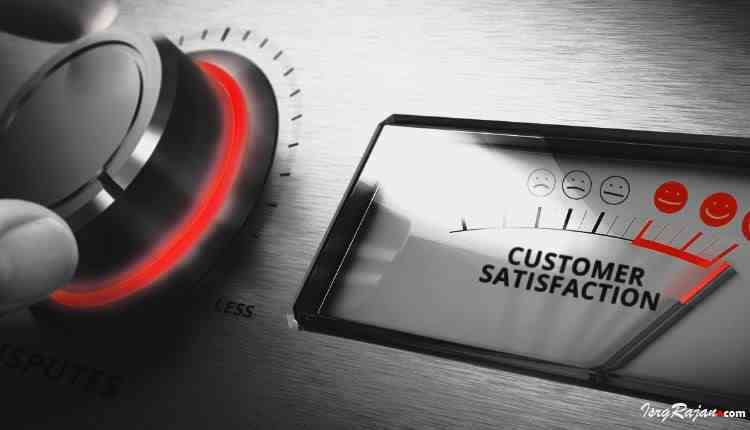For any business, the entity of prime importance is the end user who is called the customer. The word “Customer” comprises of a word ‘custom’ which means specially demanded. Thus, every business organization strives to meet the satisfaction levels of the customer. This itself leads to continuous improvement in the processes of the Industry or organization. This leads to innovation and the generation of new ideas to meet the customer-specific requirements.
This article deals with a three step process of achieving different types of quality progressively to attain customer satisfaction. The concept of “Customer delight” has become an old concept and in recent times, customers expect something more than delight. The three step process of delivering something more than delight comprises of achieving three types of quality viz. Basic Quality, Performance Quality and Excitement quality. When these stages are successively met, the customer is sure to get more satisfaction than expected. This can make him come back for more business and inspire other customers as well to take up business with our organization.
In order to understand the concept, two examples; one from Manufacturing Industry and another from IT Industry have been explained as follows:
1. Basic Quality
Coming to the first type of quality called as “Basic Quality”. As the name itself suggests, every product or service should have certain bare minimum standard and should satisfy the basic requirements. As in case of the Manufacturing Industry, it refers to the dimensional correctness, accuracy and minimum deviation. The product should have the same shape as that mentioned in the drawing. The product should confirm all the basic requirements of the application. In case of IT Industry, the service that is provided, for example software, it should be free from errors and redundancies, should have a logic which is easy to understand, should be easily re-programmable and should be easy to compile. Thus, when a product or service meets the basic criteria, the level of quality is termed as Basic Quality.
2. Performance Quality
Further, the customers want something more than the Basic Quality while the product or service is in the performance mode. This itself is the next level of quality and is called as “Performance Quality”. In other words, the Performance Quality of a product or service is the measure of its robustness. For a product manufactured in a Manufacturing Industry, it should perform to its optimum in the worst of the conditions. The system should not fail even when it is pushed to work beyond its limits.
The best example would be Helicopters that are flown in the glacier regions of the Himalayas in India. As far as a service is concerned, for example software, the performance quality demands that it does not fail or crash and works diligently in spite of cluttering inputs. This requires the software to have robustness as far as the execution of the input instructions is concerned. Thus, when the product or service meets the performance requirements, the level of quality is termed as Performance Quality.
3. Excitement Quality
The final step in this process is to achieve what is called as “Excitement Quality”. This is the level at which, the product or service not only performs the best but also delivers something more than expectation that excites the customers. For manufactured products, it may be extended warranty periods with free servicing or replacements, provision of spares without being asked for, cost effectiveness and certain other additional accessories not mentioned in the order. For services, it may include troubleshooting help provided at any point of time, periodic upgradation without being asked for, error free and robust experience and reliability. Thus when something more than expected is received; the customer is naturally exited to get the same services in future and definitely inspires other potential customers too.
These three steps, when followed properly, can definitely lead to tremendous growth in business and can facilitate increase in number of customers as well.

